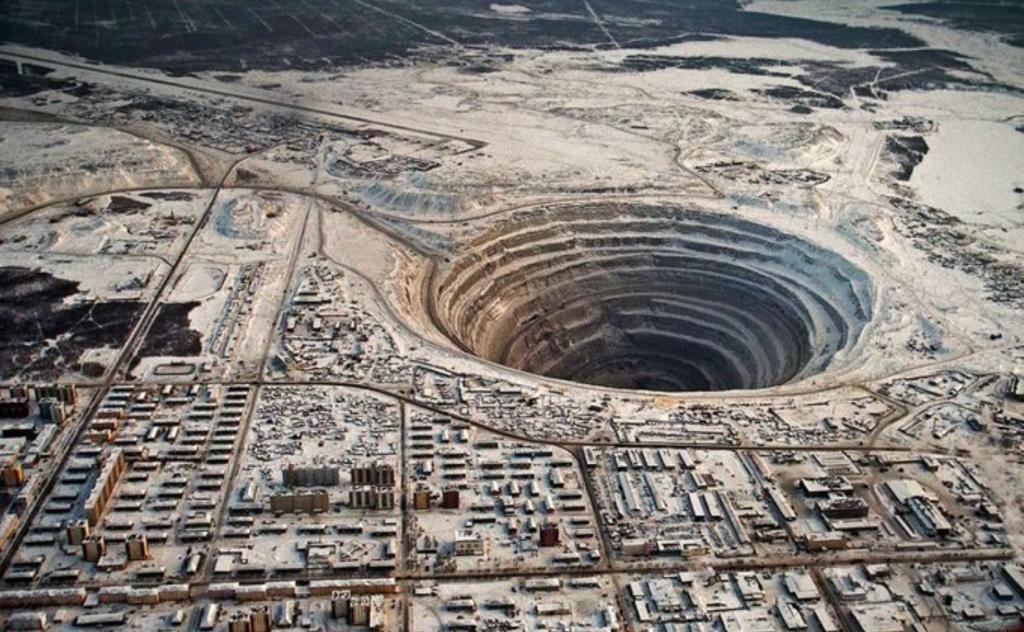The world has woken up to the socially and environmentally destructive practices of the natural diamond industry. Thanks to science, many customers are opting for lab-grown diamonds which offer the same product, minus the eco and ethical price tag.
Diamonds are forever, so they say. But so are the scars left behind on the planet and people involved in the very process of unearthing them.
The diamond industry has long been exposed for its unethical practices, with many mines historically located in regions where unregulated trade has been carried out by rebel fighter groups. These rebels enlist local civilians to work in highly unsafe and inhumane conditions, digging for hours for precious stones.
Diamonds are an inherently lucrative product due to their finite and rare nature. This has opened the door for corruption and illegal trading to become common. If you’ve ever seen the film Blood Diamond, you’ll know that violence and abuse of power can run rampant in areas where the search and sale of them is taking place.
Though the EU has put in place its Kimberley certification scheme to halt the trade of ‘blood’ or ‘conflict’ diamonds sourced from places such as Angola, Ivory Coast, Sierra Leone, Liberia, Guinea, and Guinea-Bissau during the 19th-century, the true source of most precious stones remains difficult to pin down.
As such, there can never be a total guarantee that someone – or many people – haven’t suffered for the sake of owning a beautiful gem. Not exactly the vibe most people would want to carry around on their engagement ring, I’d imagine.
That said, humanity’s love for beautiful, sparkly gems is unlikely to fade. Thanks to science, we no longer have to obtain diamonds the come at the cost of human lives and the planet’s resources.
Lab-grown diamonds are now booming in popularity, due to their near-exact similarity to natural diamonds and lower cost. Plus, they are guaranteed to be free of a steep ethical price tag.






















